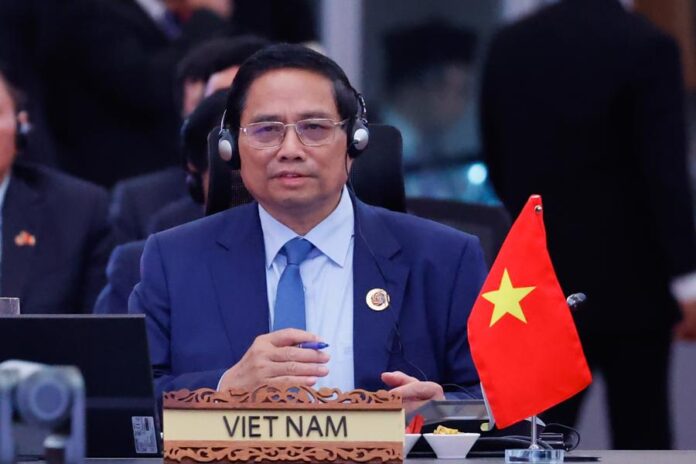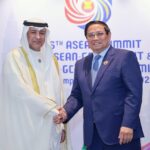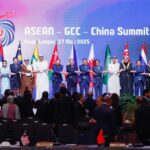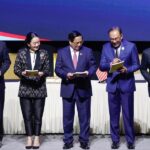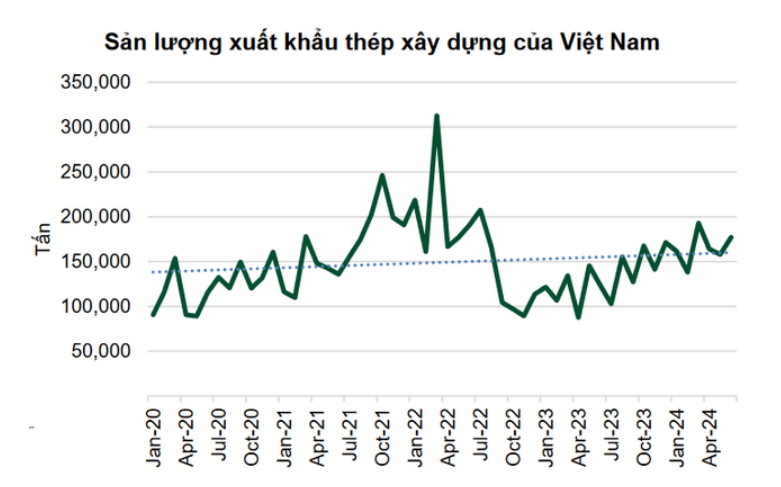The leaders at the conference spoke of the long-standing and strong bonds between the three regions of ASEAN, the GCC, and China, dating back to the ancient Silk Road, the vibrant maritime routes in Southeast Asia, and the modern trade corridors of today.
With the world facing increasingly complex challenges, this conference underscores the importance of multilateral cooperation, fostering a strategic framework based on mutual respect and understanding, and opening up broader development avenues for ASEAN, the GCC, and China.
The leaders believe that ASEAN, the GCC, and China can leverage their collective strengths, with a combined GDP of $24.87 trillion and a population of approximately 2.15 billion people. They recognize the complementarities and vast potential for collaboration across their economies, contributing to the prosperity and development of each region and the world.
As such, they reaffirmed their commitment to promoting trade, investment, finance, and supply chain connectivity, enhancing market access for ASEAN, GCC, and Chinese businesses, and cooperating in new areas such as digital technologies, artificial intelligence, and renewable energy. They also aim to strengthen cultural exchanges, educational cooperation, and tourism development while initiating new initiatives to enhance understanding and solidarity among the peoples of the regions.
The conference discussed international and regional issues, expressing concern over the complex situation in the Gaza Strip and affirming support for the peace process, the establishment of an independent Palestinian state, and a two-state solution in accordance with international law and relevant UN Security Council resolutions.
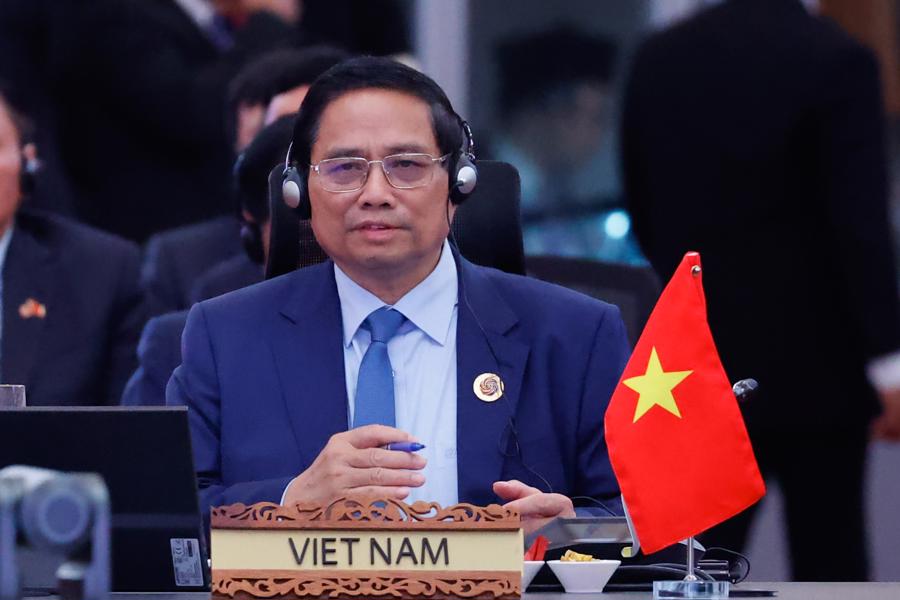
The conference also emphasized the importance of peaceful resolution of disputes based on international law, ensuring maritime security, and upholding the values of dialogue, cooperation, and mutual trust.
Speaking at the conference, Prime Minister Pham Minh Chinh welcomed the collaboration between these three leading economic forces: ASEAN, the GCC, and China. He highlighted the opportunity to forge a new inter-regional strategic partnership for a prosperous, inclusive, and sustainable future for all.
The Prime Minister stressed the need to focus on trade, investment, and supply chain connectivity, avoiding the politicization of science, technology, investment, and development.
To that end, he proposed leveraging existing frameworks such as the ASEAN-China Free Trade Agreement and promoting the signing of the ASEAN-GCC Free Trade Agreement. He also suggested exploring the potential for a comprehensive tripartite economic cooperation mechanism, including the possibility of an ASEAN-GCC-China Free Trade Agreement.
The Prime Minister called for creating a more conducive business environment, deeper market openness, and more transparent and stable investment policies to empower businesses from the three regions to thrive in goods and services supply chains and investment flows.
He suggested prioritizing strategic and breakthrough areas. With ASEAN finalizing the ASEAN Framework Agreement on Digital Economy, he emphasized this “golden opportunity” to build a connected, safe, and sustainable digital space.
The Prime Minister also proposed enhancing the connectivity of the ASEAN Power Grid, developing and sharing green and renewable energy technologies, including green hydrogen, and promoting sustainable agriculture and food systems, such as smart, circular, and eco-agriculture, and stable and sustainable food supply chains, including the Halal food industry.
Affirming that capital is the lifeblood of robust, continuous, and sustainable economic development, he suggested strengthening the connectivity of financial centers in the three regions. He proposed the formation of a robust financial connectivity network among key regional centers such as Ho Chi Minh City, Kuala Lumpur, Singapore, Bangkok, Shanghai, Dubai, and Riyadh, creating an inter-regional financial ecosystem to propel cooperation between the three regions to new heights in the future.
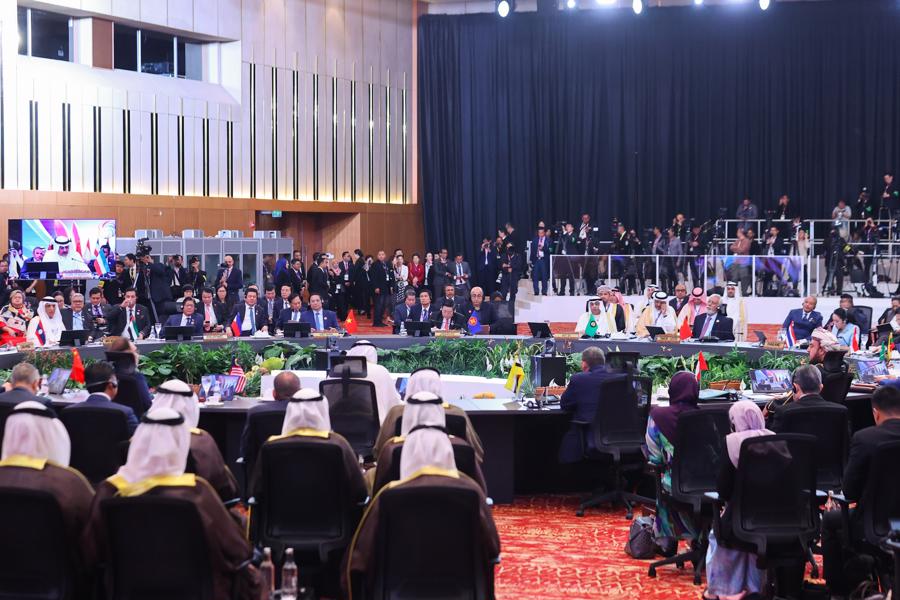
The Prime Minister expressed his confidence that these directions would pave the way for stronger development in other areas, such as tourism, cultural exchanges, and connections between the civilizations of the three regions, laying a solid foundation for deep, comprehensive, and long-term cooperation between ASEAN, China, and the GCC.
He affirmed Vietnam’s commitment to continuing its role as a reliable bridge and responsible partner, ready to accompany and contribute to peace, stability, and shared prosperity for all the people and nations of ASEAN, the GCC, and China.
“ASEAN, GCC, and China: Forging a Historic Trilateral Partnership for a New Era of Strategic Cooperation”
On the afternoon of May 27th, in Kuala Lumpur, Malaysia, Prime Minister Pham Minh Chinh led a high-level Vietnamese delegation to attend the ASEAN-Gulf Cooperation Council (GCC) Summit with China, themed “Strengthening Economic Connectivity for Shared Prosperity.”
“Envisioning a Shared Future: The ASEAN 2045 Declaration”
On the afternoon of May 26th, at the Kuala Lumpur Convention Centre in Malaysia, Prime Minister Pham Minh Chinh joined other ASEAN leaders in signing the Kuala Lumpur Declaration on the ASEAN Community’s Common Vision 2045. This significant declaration outlines the future direction of the ASEAN community, with a focus on political-security, economic, socio-cultural, and connectivity strategies.
The New “King” in China: A Vietnamese Delicacy Takes the Crown
The Vietnam Fruit and Vegetable Association emphasizes that Vietnamese mango products stand out in the market due to their superior quality and affordable prices, appealing to the modern Chinese consumer.

